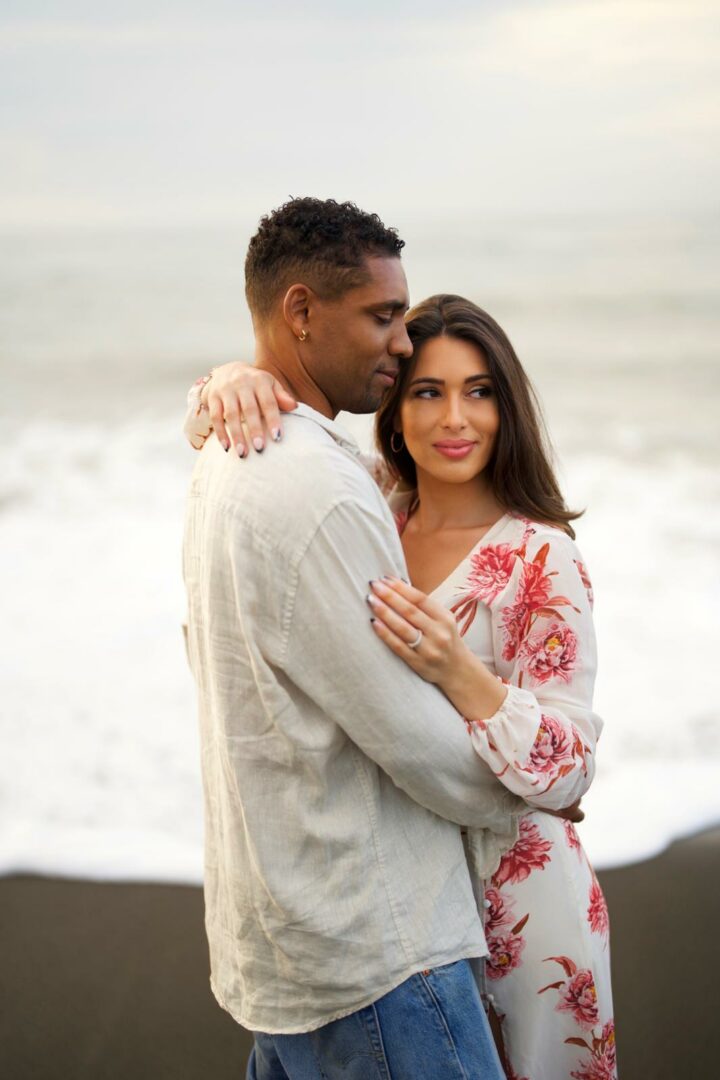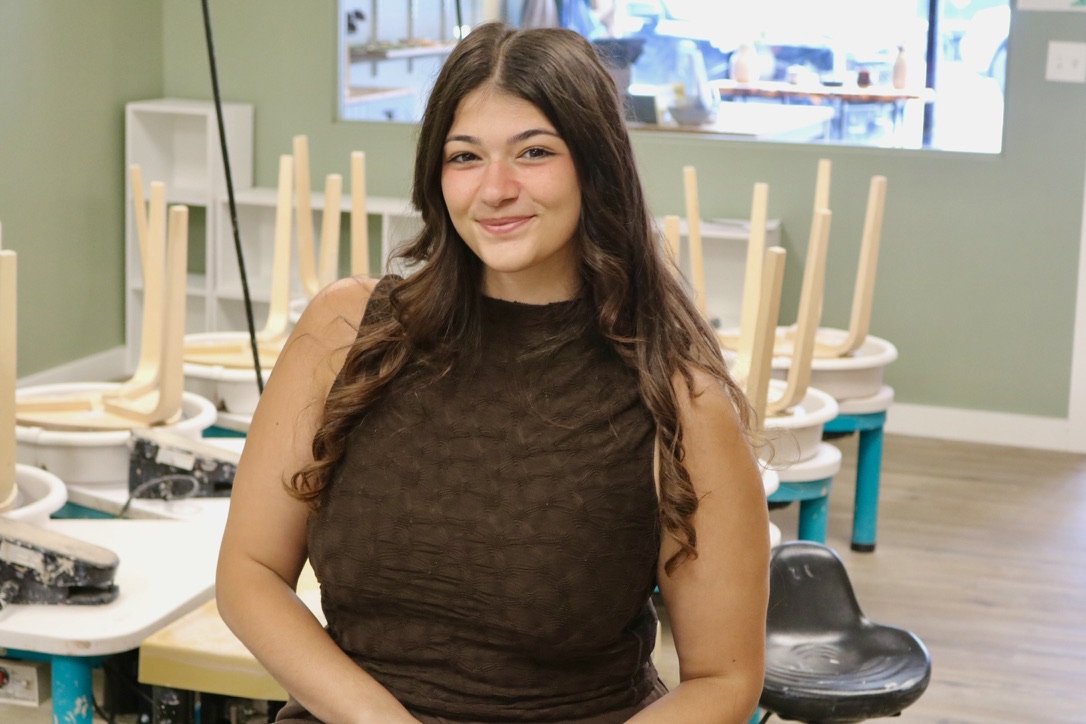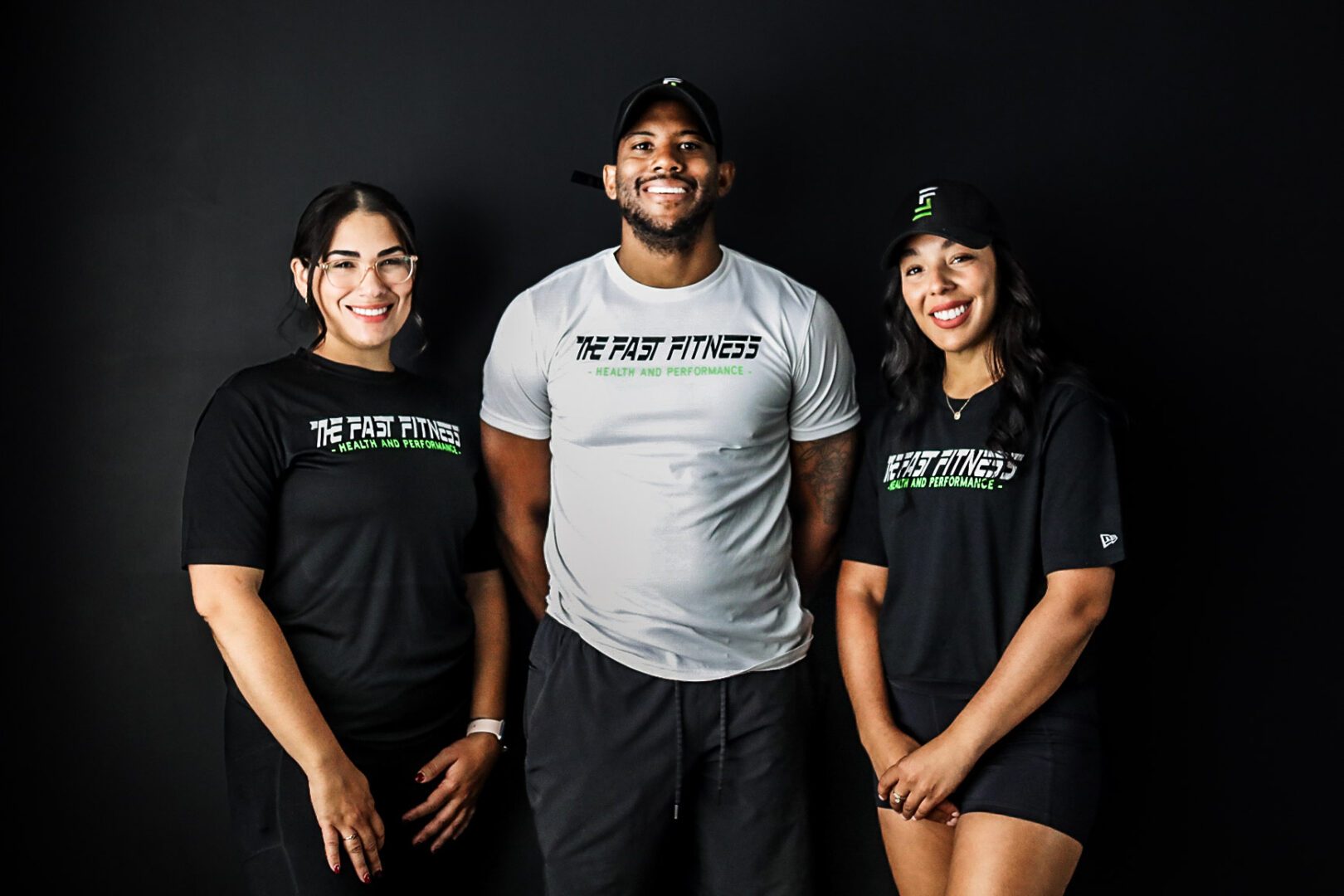We caught up with the brilliant and insightful Seleny Xie a few weeks ago and have shared our conversation below.
Hi Seleny, so happy to have you with us today and there is so much we want to ask you about. So many of us go through similar pain points throughout our journeys and so hearing about how others developed certain skills or qualities that we are struggling with can be helpful. Along those lines, we’d love to hear from you about how you developed your ability to take risk?
Embracing risk is inherently daunting, yet it is the crucible through which innovation and growth are forged. Human nature gravitates towards predictability, but I’ve learned the value of venturing beyond comfort zones. This realization has been pivotal in my journey that teaches me to navigate the uncertainties that pave the path to novel discoveries and achievements.
In project management, the concept of risk management has been instrumental in shaping my perspective. This methodology entails a meticulous process of identifying potential challenges and dissecting complex scenarios into manageable components. This approach has refined my ability to navigate complexities, transforming risks into opportunities for advancement. By doing so, we can devise preemptive strategies and solutions to mitigate risks, thus safeguarding against potential setbacks. This principle, while rooted in project management, extends far beyond into various industries and aspects of life.
Appreciate the insights and wisdom. Before we dig deeper and ask you about the skills that matter and more, maybe you can tell our readers about yourself?
Immersed in the fascinating world of video game production and cinematic design, my career spans across both traditional and virtual realms, including VR and flat gaming, as well as virtual production in live-action films. My professional background is rich with experiences in game development, including prototyping, along with expertise in motion capture and crafting 3D environments, complemented by a solid foundation in the film industry.
My relocation to Los Angeles two years ago marked the beginning of an exciting chapter, joining a vibrant and eclectic community. This move allowed me to forge meaningful connections with fellow artists and innovators, all passionate about the potential of AI, XR, and VR in creative exploration. These collaborations have been incredibly fruitful, culminating in the creation of two VR projects that have earned nominations at prestigious events like the Yugo BAFTA Immersive and the Independent Games Festival at GDC. My current role at PlayStation and Sony Pictures involves spearheading the production of VR games that repurpose iconic film properties, a venture that harmoniously blends my interests in both the cinematic and gaming sectors.
My portfolio is continuously expanding, currently encompassing a diverse array of projects: from an interactive VR narrative experience to groundbreaking virtual production efforts utilizing advanced technologies like Unreal Engine (game engine), motion capture, and LED volumes within Sony and other research initiatives.
This era of technological convergence with creative storytelling emphasizes the importance of lifelong learning and adaptation. I am fervently engaged in discovering and collaborating with new talent, eager to infuse our projects with innovative ideas and skillsets. My commitment to staying at the forefront of technological advancements ensures that my work not only captivates but also pioneers new frontiers in interactive and immersive storytelling.
If you had to pick three qualities that are most important to develop, which three would you say matter most?
In the realm of visual development, I’ve always been drawn to the challenge of finding balance and injecting intriguing details into the fabric of everyday life. My work is deeply influenced by a sensitivity to human nature, which allows me to create designs that resonate on a personal level with the audience. This sensitivity extends beyond the visual; it’s about understanding the subtleties of emotion and narrative, weaving them into a compelling visual story that captures the complexity and beauty of the world around us.
Working on film sets for years has been an incredible exercise in communication and adaptability. Film sets are like micro-societies, teeming with a diverse array of personalities and working styles. Some people thrive on gentle guidance, while others prefer straightforward, candid feedback. This environment taught me the importance of keen observation and flexibility in communication. By tuning into the nuances of each individual’s preferences, I’ve learned to adjust my approach to ensure clarity and comfort, facilitating a collaborative atmosphere where creativity flourishes.
The transition from filmmaking to game development introduced me to the exhilarating pace of learning in the tech world. Moving between these fields meant I had to quickly get up to speed with new software and emerging technologies, often under tight deadlines. This rapid adaptation has become second nature to me, not just in the context of games but across various industries and aspects of life. Living in an era where AI is reshaping traditional workflows and industries, there’s a certain pressure to stay ahead. However, this shift also presents an opportunity to integrate these advancements into our work, pushing us to evolve and innovate within our creative processes.
We’ve all got limited resources, time, energy, focus etc – so if you had to choose between going all in on your strengths or working on areas where you aren’t as strong, what would you choose?
To tackle this question, I believe it’s essential to differentiate between hard skills and soft skills, especially given the increasingly competitive nature of today’s job market. In the context of game design, mastering hard skills—such as design principles, game production workflows, understanding mission progression, non-linear narrative trees, enemy types, and level design, etc—is invaluable. These skills are the foundation that allows us to push game mechanics into new, exciting territories, creating unique and engaging gameplay experiences.
However, being proficient in hard skills is only part of the equation. Soft skills play an equally critical role. For instance, effective communication is not just about conveying your ideas clearly to colleagues across different departments, fostering strong collaboration. It also enhances our ability to observe and understand human nature and behavior in the real world. This, in turn, enriches how we design interactions with NPCs in our games.
So, while it’s crucial to be “all-in” and excel in your specific field, integrating soft skills into your repertoire not only improves teamwork and collaboration but also feeds back into the creative process, making our game designs more relatable and immersive for players.
Contact Info:
- Website: https://www.selenyxie.com/
- Linkedin: https://www.linkedin.com/in/selenyxie/











